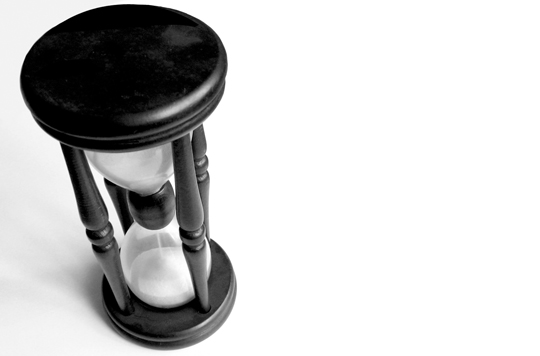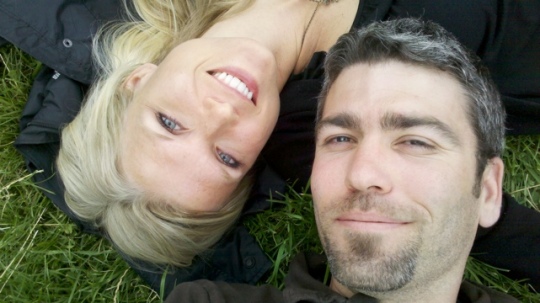Jon Tyson writes:

How exactly does the world shape us into its image? I recently asked my eight-year-old daughter a question, and she replied, “Whatever.” I asked her where she learned to respond to others’ questions in this way. Her response: “Everywhere.”It’s this “everywhere” that shapes our lives.
Paul was asking the Romans to consider the larger forces that formed people into Romans. Then he wanted them to consider how Jesus transformed Romans into Christians.
For us, rather than simply asking how to make Americans Christian, we first need to ask what makes Americans American, and then decipher how Jesus can transform Americans into Christians. That allows us to see substantive progress in spiritual formation.
Pastoring in New York, not unlike the city of Rome, I’ve struggled to decipher these forces of cultural formation, and to open our people’s eyes to them.
The French philosopher Michel Foucault called this shaping of people into a worldly mold “the normalization of the individual.” Think about how these forces press us into the world’s view of “normal.”
- Education: Almost all education is secular, even at a kindergarten level. At the college or graduate school level, belief in God is often seen as childish at best, and a serious intellectual impediment.
- Media: Media is pervasive, pouring story after story into our lives, most of them contradictory to the way of Jesus. What was once held sacred has been transformed into entertainment. In most media, truth has been reduced to sound bites, and the sensational drowns out the substantive.
- Marketing: One commentator estimates that we see more advertisements in a single year of our lives than someone 50 years ago saw in an entire lifetime. We ourselves have been branded.
- Economics: We learn from our earliest years that more is better, and better is not enough. We spend much of lives trying to keep up acquire things and experiences in order to feel good about ourselves. The supreme value of life is how much we can acquire. Success is defined by one word: more.
- Sexuality: The message of our culture is that sex is purely physical, and that as long as no one is hurt, people can determine their own sexual practices. The rise of pornography has taken sex out of the bedroom and turned it into a form of entertainment.
- Religion: All religions are seen as equal and valid, and to claim that one is true and the others are not is cultural treason. The only belief you can hold with conviction is that there isn’t any true-for-everybody belief.
Growing up in a culture like this, we quickly find that a sermon on Sunday, or a weekly youth group talk, can hardly give us the tools to renew our minds and be transformed into the image of our Creator.
—Jon Tyson, “Breaking the Mold: Christian formation means not letting the world press us into its mold,” Christianity Today, June 13, 2011.
Paul shows us God’s heart in Romans 12:1-2:
“Therefore, I urge you, brothers and sisters, in view of God’s mercy, to offer your bodies as a living sacrifice, holy and pleasing to God—this is your true and proper worship. Do not conform to the pattern of this world, but be transformed by the renewing of your mind.”
In whose image are you being remade?










 Time for installment four of our
Time for installment four of our 

